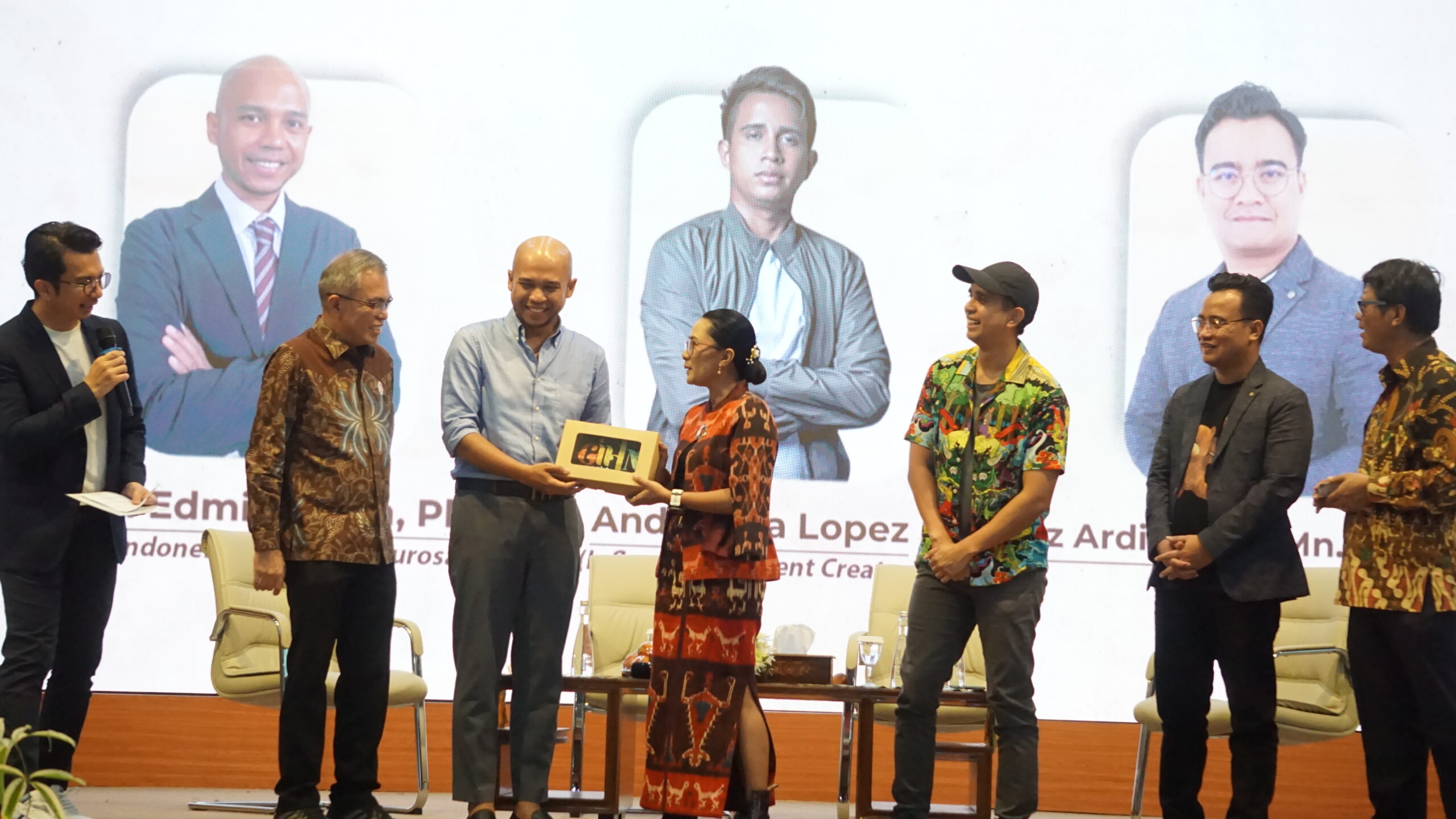I recently recalled a discussion from the Rector’s Terrace session a while back. This session was part of the Gebyar Inovasi Harmoni Nusantara at Universitas Kristen Satya Wacana, featuring rectors from several universities across the nation.
All too often, academic collaborations between universities are limited to the signing of MoUs (Memorandums of Understanding). Visits, signatures, photos, and then that’s it. There’s no clear indication of what these agreements are supposed to achieve, let alone any tangible impact.
From my observations, there are at least two critical points that need addressing to prevent these situations from recurring.
Firstly, the goal of academic partnerships often seems to be the partnership itself. The signing ceremony becomes a performance metric, but this is fundamentally flawed. Partnerships should not be seen as the end goal, but rather as a means to an end. Ideally, the initiating party should first clearly define their objectives. They need to identify what they aim to accomplish and recognize the gaps in their resources that the partner institution can fill. This understanding forms the foundation of any meaningful partnership.
For this reason, I personally oppose academic meetings between institutions that jump straight into discussing MoUs and MoAs (Memorandums of Agreement) without first establishing what they intend to achieve.
Secondly, the agreements, in the form of MoUs and MoAs, should be developed from the ground up, rather than dictated from the top down. Functional academics, particularly the lecturers, should have a thorough understanding of the substance of these agreements with the partner institution. In my view, the signing of the partnership is merely an administrative technicality. This task can be delegated to a group of staff, for instance, from the university’s collaboration office. However, the agreements will lack substance if the core issues are not addressed first.
Addressing these two points alone could transform ceremonial partnerships into real, tangible academic collaborations.



